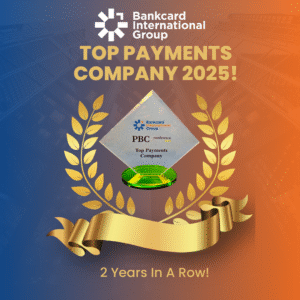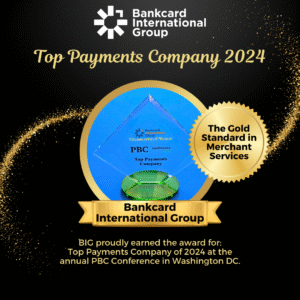No, cannabis dispensaries cannot legally accept traditional credit card payments through Visa, Mastercard, or American Express due to federal banking restrictions. These card brands explicitly prohibit cannabis transactions—even in states where cannabis is legal. Any provider claiming to offer “credit card processing” for cannabis is likely using a workaround that exposes your business to serious risk.
At BIG, we never rely on risky or misleading tactics. Instead, we provide legitimate, transparent payment solutions built on industry-compliant rails that protect your business and keep your funds secure.
The safest options for cannabis payment processing are:
• PIN Debit (Direct Bank-to-Bank)
• ACH / Bank Transfer Payments
• Closed-loop (ACH) payment systems
• Cryptocurrency.
These methods avoid federally regulated credit card networks and can operate on transparent financial channels.
BIG specializes in these secure options, with real-time reporting, fraud protection, and direct access to knowledgeable payment professionals who understand your regulatory environment.
The Cashless ATM or Point of Banking solution has been used successfully in cannabis for 18 years or more. Cashless ATMs are, however, in a gray area when it comes to compliance. If the networks and funding banks are fully aware of their use in cannabis businesses and they maintain proper compliance reporting the Cashless ATM will likely still be the "go to" solution for the industry.
Cannabis is federally illegal under the Controlled Substances Act, which prevents most traditional financial institutions from supporting the industry. That makes payment processing for cannabis:
• Subject to higher compliance demands
• Exposed to regulatory scrutiny
• Vulnerable to bank de-risking strategies
BIG understands these risks inside and out. That’s why we work directly with high-risk-friendly banks and processors to ensure your dispensary has a stable, long-term payment solution.
Until cannabis is federally legalized at some level OR there is specific federal guidance, payment processing for cannabis can be volatile. however, you can safely accept digital payments for cannabis by not working with companies that promote credit card processing, working with a reputable provider, and doing independent research. You can accept debit, ACH, and select digital wallets—as long as they’re structured properly and avoid the credit card networks. All funds must be traceable, bank-backed, and compliant with AML and BSA guidelines.
BIG offers cannabis-specific digital payment solutions that integrate seamlessly with your point-of-sale and safeguard your banking relationship.
Most cannabis-friendly payment processors will require:
• A completed merchant application
• 3–6 months of bank statements
• A voided business check or bank letter
• Your business license and state cannabis registration
• Proof of ownership and corporate documents
BIG makes onboarding easy. We’ll walk you through every step and handle the bank underwriting process on your behalf—so you can stay focused on running your dispensary.
Approval timelines can vary depending on the complexity of your business and the processor’s underwriting requirements. But most dispensaries working with BIG can expect approval in as little as 2 business days, with live payment capabilities shortly after.
We prioritize speed without sacrificing compliance—so you don’t lose sales or momentum.

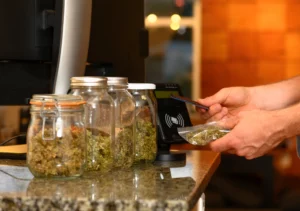 Key Payment Alternatives: Benefits and Challenges
Key Payment Alternatives: Benefits and Challenges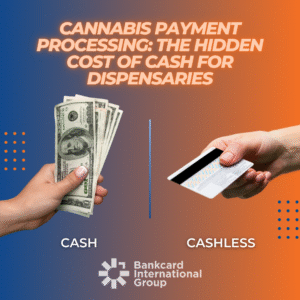 Security Risks and Increased Liability
Security Risks and Increased Liability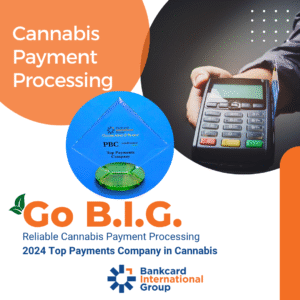 Why BIG is the Leader in Cannabis Payment Processing
Why BIG is the Leader in Cannabis Payment Processing